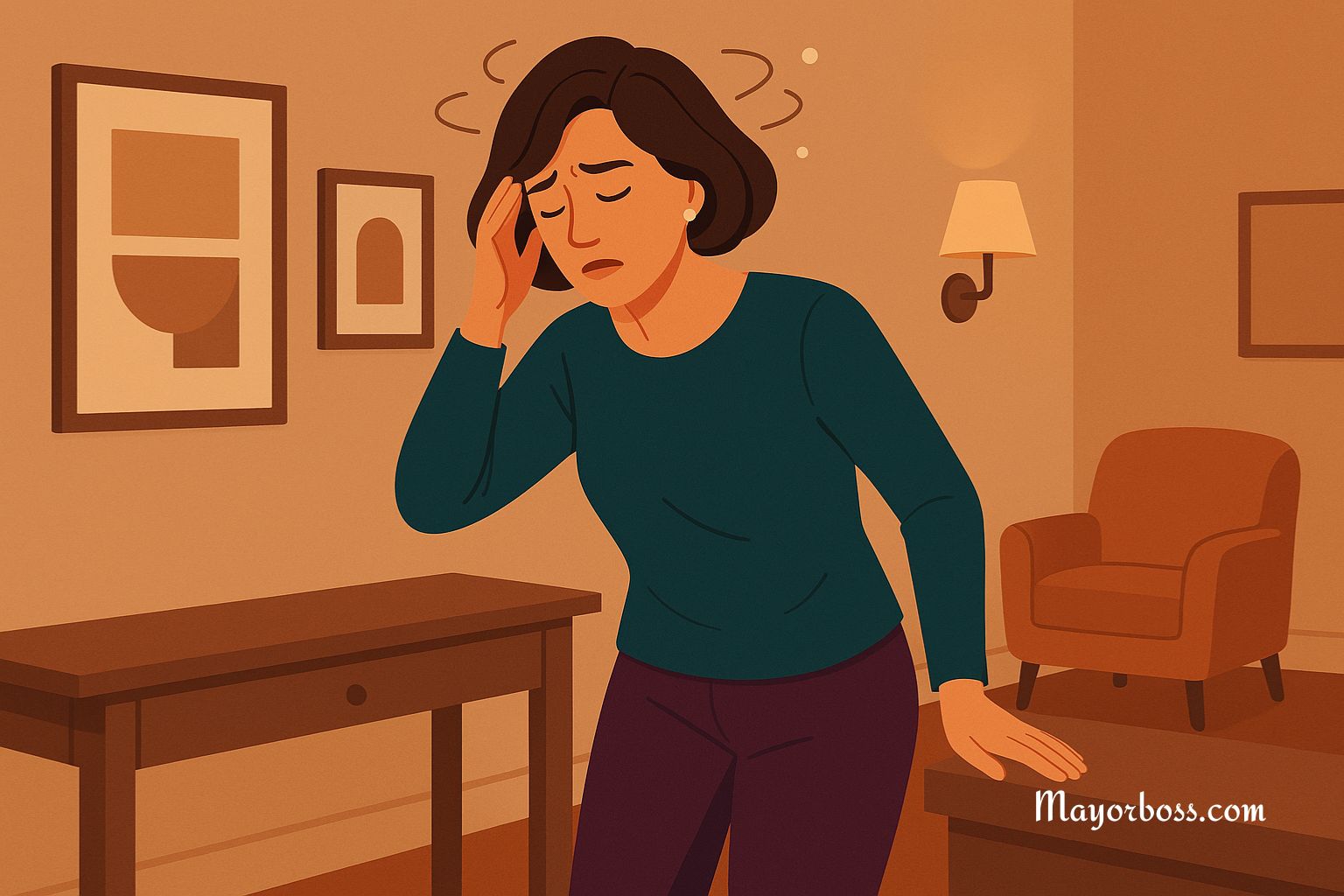Warning Signs Your Body Is Not Getting Enough Water
Water is essential for every function in your body. It helps your cells work properly, keeps your temperature steady, and removes waste. But many people don’t drink enough. When your body lacks water, it gives you clear warning signs such as feeling thirsty, constipation, a dry mouth, dark yellow, strong-smelling pee, and sunken eyes.1 These signals can start mild but get worse over time if not addressed.
Keep reading to learn more about the signs that may mean your body is really not getting enough water.

Dry Mouth and Sticky Saliva
One of the first signs of dehydration is a dry mouth. Your body produces less saliva when you’re low on water. This can make your mouth feel sticky, and swallowing may become harder. If your breath also smells bad, this could be linked to low saliva, which normally helps control bacteria.
Thirst
Thirst is your body’s natural alert system. It tells you that you need to drink. But don’t wait until you feel very thirsty. By that point, your body is already running low on fluids. Aim to sip water throughout the day, even if you don’t feel thirsty.
Dark Yellow Urine or Less Frequent Urination
Healthy urine is light yellow.2 When you’re not drinking enough, your urine becomes darker. You may also notice that you’re urinating less often. This is a clear sign that your kidneys are holding on to water to prevent further loss.
Dry Skin
Water helps keep your skin soft and elastic. If your skin feels dry or flaky, it could be because you’re dehydrated. Dehydrated skin may also look dull or feel itchy. This dryness is not always helped by lotion—sometimes your body simply needs more water from the inside.
Fatigue and Low Energy
Water helps your blood flow, bringing oxygen and nutrients to your cells.3 When you’re dehydrated, everything slows down. You may feel tired, weak, or sluggish. Even mild dehydration can affect your energy levels and ability to focus.
Headaches
Your brain is very sensitive to changes in fluid levels. When you’re dehydrated, your brain may contract slightly from fluid loss, causing pain. This can lead to headaches or even migraines. If you often get headaches, check whether you’re drinking enough water.
Dizziness or Lightheadedness
Without enough fluids, your blood pressure can drop. This reduces the flow of blood to your brain, making you feel dizzy or faint. This symptom may worsen when you stand up too quickly or spend time in hot weather without drinking.
Constipation
Water helps your digestive system move smoothly. Without enough of it, your stools become hard and dry. This makes them harder to pass. Chronic dehydration can lead to ongoing constipation, which may also cause stomach discomfort and bloating.
Dry Eyes
Tears need water. When you’re not hydrated, your eyes may become dry, red, or irritated. You might notice that your contact lenses feel uncomfortable. If your eyes often feel dry, try increasing your water intake and see if the irritation improves.
Rapid Heartbeat or Breathing
Severe dehydration can cause your heart to work harder. As a result, you might notice a faster heartbeat or rapid breathing. This happens because your blood volume drops, forcing your heart to pump harder to deliver oxygen. This can be dangerous and needs medical attention.
Muscle Cramps
Water helps regulate the balance of minerals like sodium and potassium in your body. These minerals are needed for normal muscle function. When you’re dehydrated, that balance can shift, leading to painful cramps or muscle spasms, especially after exercise.
Brain Fog or Trouble Concentrating
Even a slight drop in hydration can affect how your brain functions. You may feel confused, forgetful, or struggle to concentrate. Many people mistake this for stress or lack of sleep, but the real issue could be not drinking enough water.
Craving Sugar
When your body is low on fluids, it may also affect how your liver releases stored glucose for energy. This can lead to sugar cravings, especially for sweet or high-carb foods. Sometimes, simply drinking water can help reduce these cravings.
Bad Mood
Hydration also affects your mood. Studies have shown that dehydration can increase feelings of anxiety, irritability, and depression. Staying hydrated supports a more stable mood and better emotional well-being.
Final Thoughts
Your body constantly loses water through sweat, breath, and urine. That’s why regular water intake is so important. If you notice any of these warning signs, don’t ignore them. Start with small changes—carry a water bottle, sip water with every meal, and choose water over sugary drinks.
Most adults need about 8 cups (2 liters) of water daily, but individual needs vary depending on activity level, weather, and health conditions. If you’re unsure how much you need, speak with a healthcare provider.
